Instagram & WhatsApp Antitrust Battle: FTC Vs. Meta - Current Status
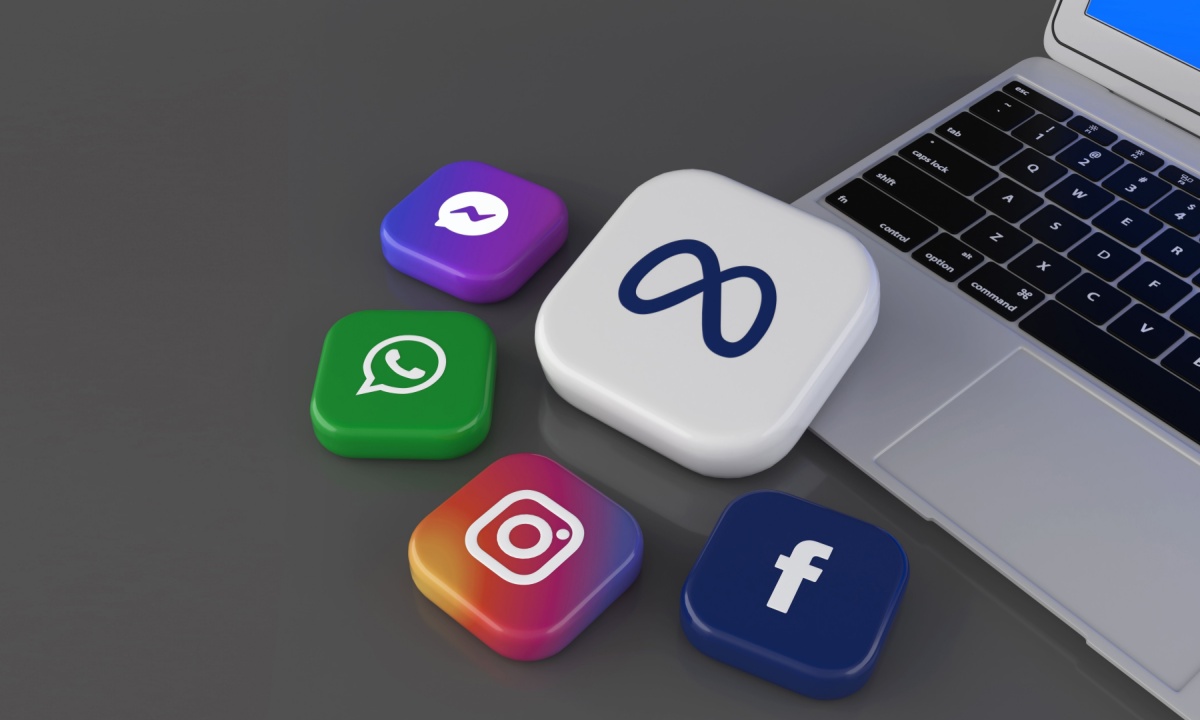
Table of Contents
The FTC's Case Against Meta: Key Arguments
The FTC's core argument centers on the assertion that Meta's acquisitions of Instagram and WhatsApp were anti-competitive, stifling innovation and harming consumers. The commission alleges that Meta, already a dominant player in the social networking market, used its power to eliminate potential rivals, thus creating a monopoly. This alleged behavior violates antitrust laws designed to promote competition and protect consumers.
The FTC claims significant harm to both consumers and competitors. They argue that the acquisitions prevented the emergence of viable alternatives to Facebook, Instagram, and WhatsApp, ultimately limiting consumer choice and potentially leading to higher prices or reduced quality of services in the future. Specific examples cited by the FTC often include:
- Market Dominance of Meta Platforms: The FTC points to Meta's substantial market share across its platforms as evidence of its monopolistic power.
- Suppression of Competition: The argument focuses on how the acquisitions prevented Instagram and WhatsApp from becoming significant competitors to Facebook.
- Harm to Innovation: The FTC contends that the lack of competition has stifled innovation in the social media market.
- Potential for Higher Prices for Consumers: While not yet directly observable, the FTC argues that the lack of competition could eventually lead to higher prices or reduced features for users.
Meta's Defense Strategies
Meta vehemently denies the FTC's claims, arguing that the acquisitions were pro-competitive and beneficial to consumers. The company contends that integrating Instagram and WhatsApp into its ecosystem fostered innovation, enhanced user experience, and led to the development of new features and services. Meta’s defense rests on several key pillars:
- Integration Benefits and Synergies: Meta emphasizes the synergies achieved through integration, claiming efficiencies that benefited both the platforms and users. They highlight cross-platform functionalities and shared resources.
- Increased Innovation and Features for Users: The company points to numerous new features and improvements across its platforms as evidence of increased innovation resulting from the acquisitions.
- Free Services Provided to Users: Meta stresses that its services remain largely free to consumers, contrasting this with the potential for higher prices under increased competition.
- Denial of Anti-Competitive Practices: Meta strongly refutes allegations of anti-competitive behavior, arguing that its actions have always been within the bounds of the law.
Legal Proceedings and Timeline
The Instagram & WhatsApp Antitrust Battle has unfolded over several years, involving complex legal procedures. The timeline includes:
- Initial Lawsuit Filing Date: The FTC initially filed its lawsuit against Meta in [Insert Date].
- Key Court Decisions: [Mention significant court rulings and their dates].
- Appeals Process and Outcomes: [Describe the appeals process and any outcomes].
- Current Legal Status of the Case: [State the present status – ongoing litigation, settlement negotiations, etc.].
Potential Outcomes and Implications
The potential outcomes of the case range from a complete FTC victory, resulting in a potential divestiture of Instagram or WhatsApp, to a Meta victory upholding the acquisitions. A settlement is also a possibility. The implications of each outcome are significant:
- Divestiture of Instagram or WhatsApp: This would dramatically reshape the social media landscape, potentially creating stronger competitors and altering market dynamics.
- Changes to Meta's Business Practices: Regardless of the outcome, the case could lead to significant changes in Meta's business practices to enhance competition.
- Impact on Competition in the Social Media Market: The case sets a precedent for future mergers and acquisitions in the tech sector and significantly impacts competition within the social media market.
- Precedent for Future Antitrust Cases: The ruling will establish important legal precedents for future antitrust cases involving large technology companies.
Conclusion: The Future of the Instagram & WhatsApp Antitrust Battle
The Instagram & WhatsApp Antitrust Battle pits the FTC's commitment to fostering competition against Meta's defense of its business practices. The current status of the legal battle remains [State the current status]. The potential outcomes carry significant implications for the tech industry, consumer choice, and future mergers and acquisitions. Staying informed about this ongoing legal fight is crucial. Follow reputable news sources and legal updates to track the developments in this landmark case. Understanding the nuances of this Instagram & WhatsApp Antitrust Battle is vital for comprehending the evolving dynamics of the social media market and the broader implications for consumer rights and competition within the tech industry.

Featured Posts
-
 Where To Stream Michael Sheen And Sharon Horgans Compelling British Drama
May 01, 2025
Where To Stream Michael Sheen And Sharon Horgans Compelling British Drama
May 01, 2025 -
 Digitaliser Vos Thes Dansants Un Guide Complet
May 01, 2025
Digitaliser Vos Thes Dansants Un Guide Complet
May 01, 2025 -
 Aircraft Carrier Accident Us Navy Jet Lost At Sea Costing 60 Million
May 01, 2025
Aircraft Carrier Accident Us Navy Jet Lost At Sea Costing 60 Million
May 01, 2025 -
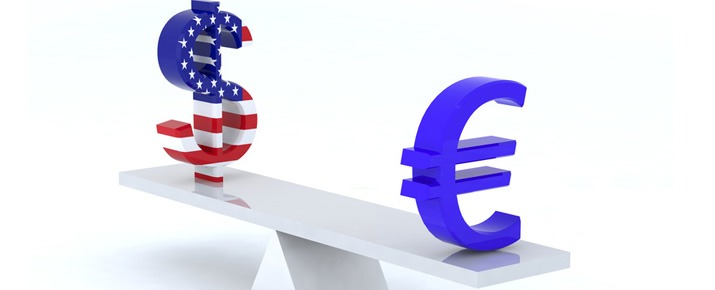 Canadian Dollar Election Outcomes And Currency Predictions
May 01, 2025
Canadian Dollar Election Outcomes And Currency Predictions
May 01, 2025 -
 Remembering The Stars Of Dallas A Legacy Cut Short
May 01, 2025
Remembering The Stars Of Dallas A Legacy Cut Short
May 01, 2025
Latest Posts
-
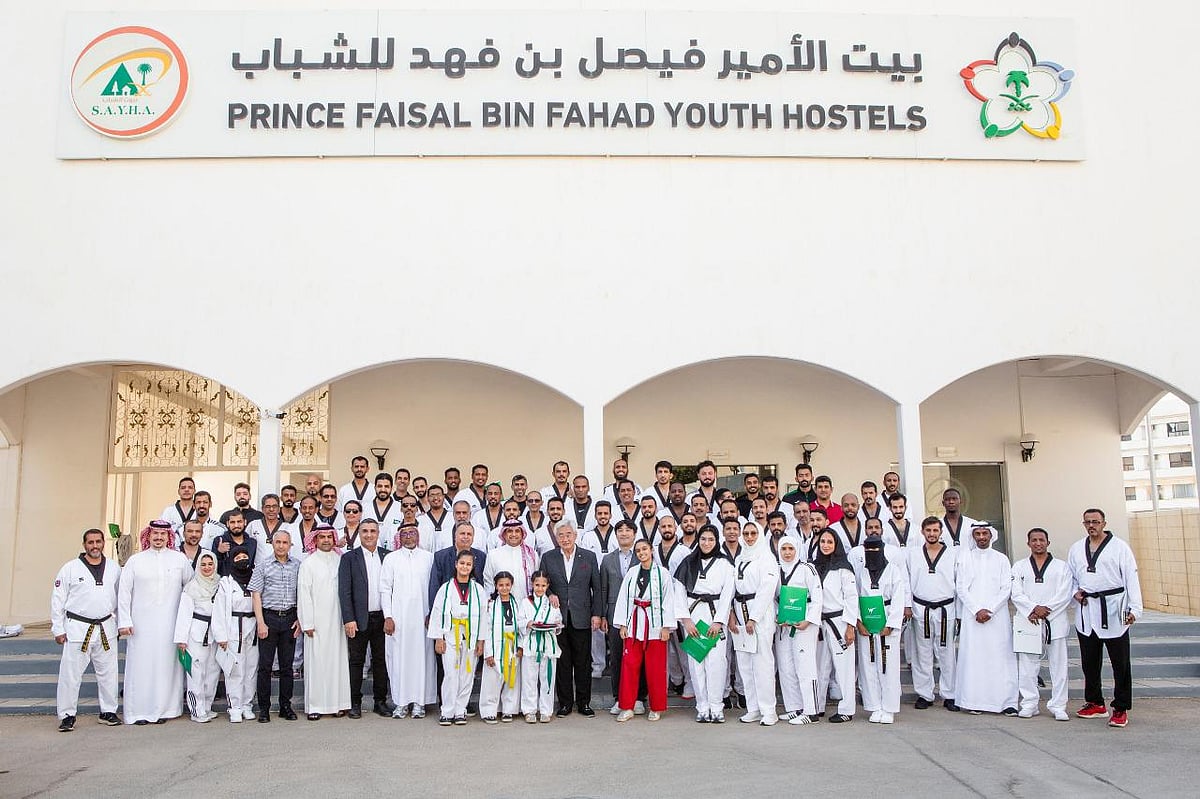 Alqdae Ysdr Hkma Dd Ryys Shbab Bn Jryr Tfasyl Alqdyt
May 01, 2025
Alqdae Ysdr Hkma Dd Ryys Shbab Bn Jryr Tfasyl Alqdyt
May 01, 2025 -
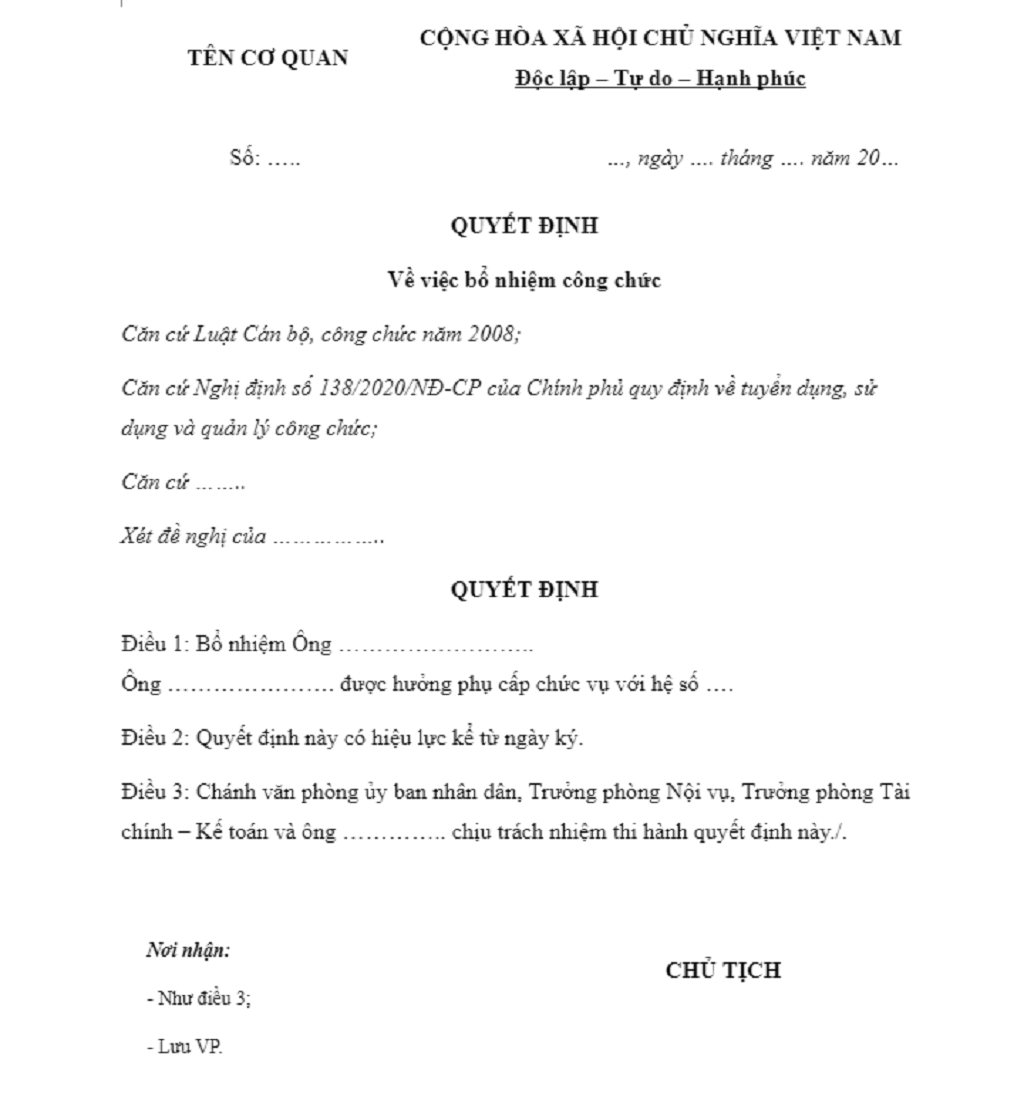 Tien Linh Tai Binh Duong Nhiem Vu Va Hoat Dong Cua Dai Su Tinh Nguyen
May 01, 2025
Tien Linh Tai Binh Duong Nhiem Vu Va Hoat Dong Cua Dai Su Tinh Nguyen
May 01, 2025 -
 Incredibile Rimonta Della Flaminia Dalla Quinta Alla Seconda Posizione
May 01, 2025
Incredibile Rimonta Della Flaminia Dalla Quinta Alla Seconda Posizione
May 01, 2025 -
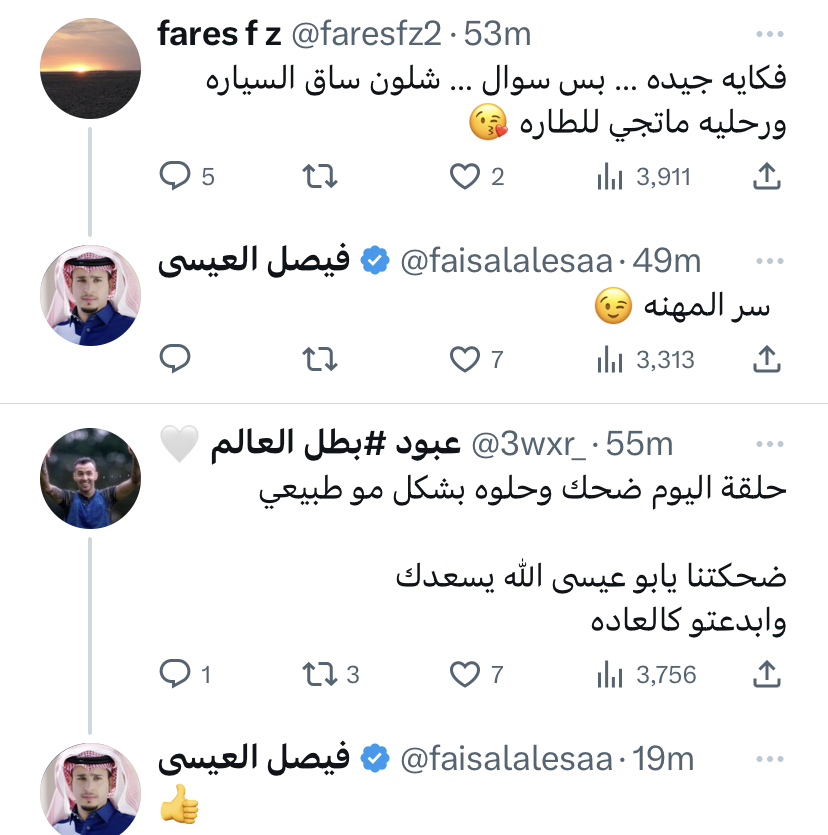 Idant Ryys Shbab Bn Jryr Rdwd Alafeal Walarae Almtbaynt
May 01, 2025
Idant Ryys Shbab Bn Jryr Rdwd Alafeal Walarae Almtbaynt
May 01, 2025 -
 La Flaminia Risale La Classifica Dal Quinto Al Secondo Posto
May 01, 2025
La Flaminia Risale La Classifica Dal Quinto Al Secondo Posto
May 01, 2025
